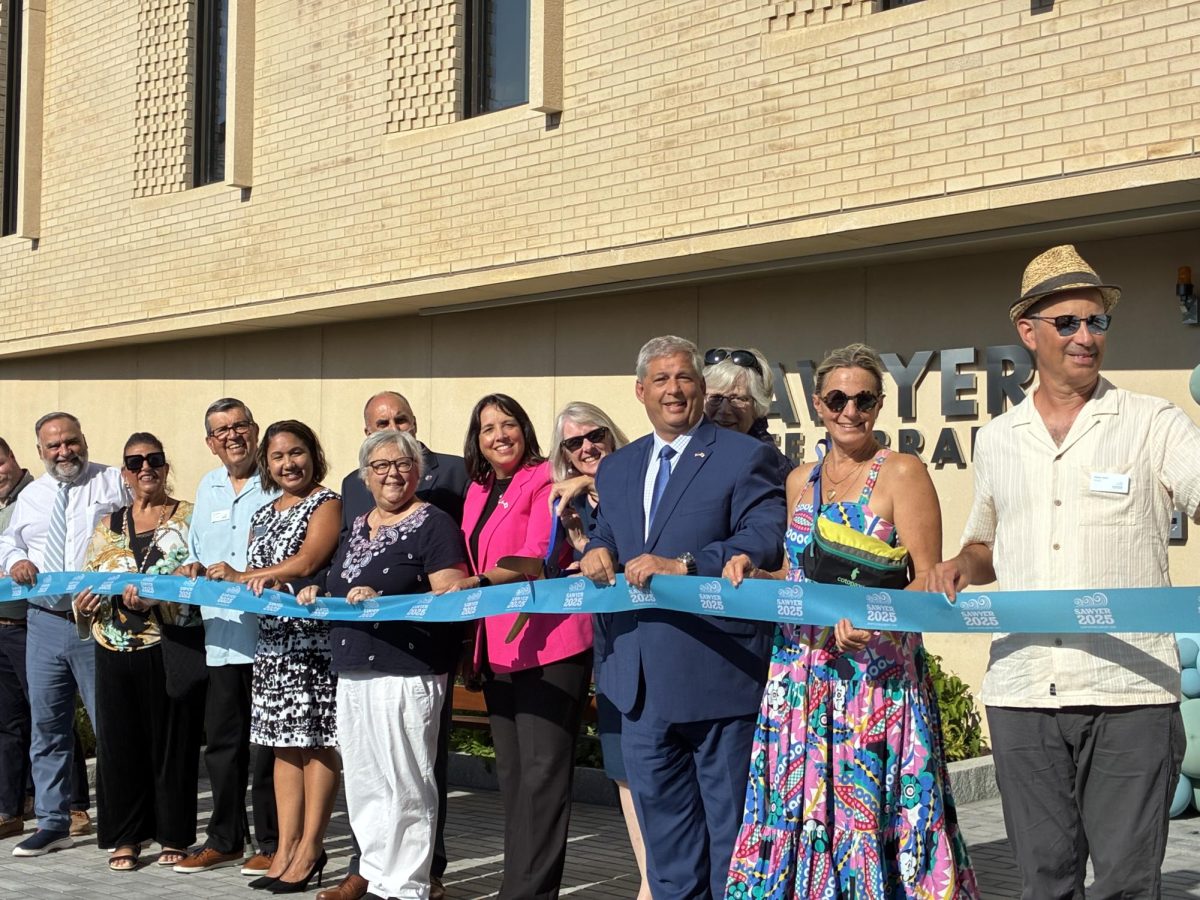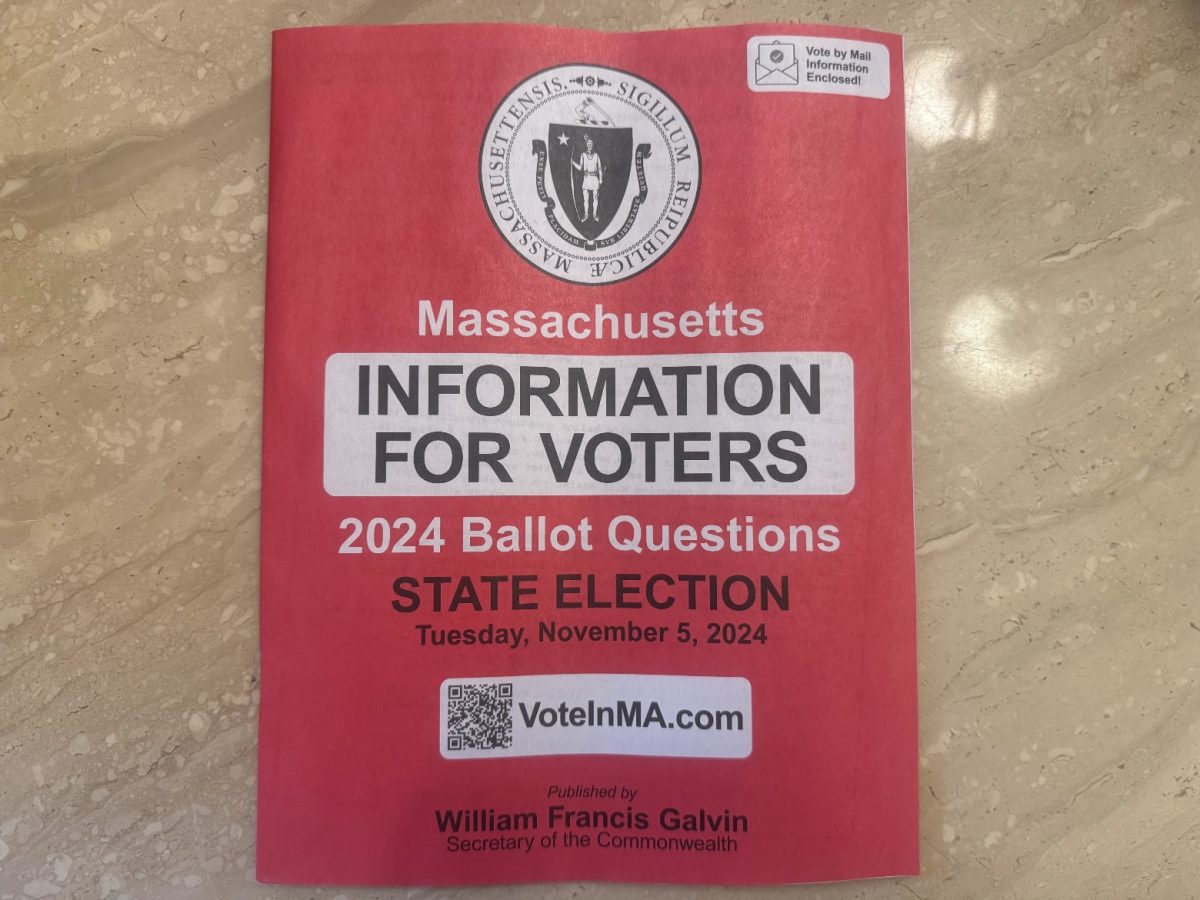With election day on the horizon, it’s hard to miss the political campaigns and commercials at every turn. But do you really understand the questions that you’re being asked to vote on? What will it mean for the state and, more importantly, you?
In Massachusetts, there are five questions on the ballot.
The first question concerns whether the state auditors have the authority to audit the legislator. This means that the state will be able to send an authorized official to ensure legislators are doing what they’re supposed to do, spending money accordingly, and following laws.
Voting yes would give the auditor the legal right to audit the legislator. According to the Massachusetts voting pamphlet, “the State legislator is the only state entity refusing to be audited by the State’s Auditor’s office”. Statistically the state legislator is the least transparent as it is one of four legislators that keeps itself from public record as well as the least effective.
A vote no would result in no change to the State legislator’s authority. The legislator will continue with no state-appointed auditor and keep the separation of power. They would continue to have a private auditor, meaning one of their own, and would keep the non-transparency.
The second question asks if MCAS should be kept as a high school graduation requirement. Currently, if you do not pass all of your high school MCAS you can not graduate, regardless if you passed your classes.
Voting “yes” would ensure that students still take the standardized test, however failing the MCAS wouldn’t affect their ability to graduate
The “No” argument is that with the absence of passing the MCAS as a graduation requirement it will create inequality among students and have graduates that are not ready.
The MA voting ballot pamphlet states under the no arguments “Question 2 would remove our only statewide graduation standard” and, “Question 2 is unfair to kids and will increase inequality.”
Question 3 regards Network Transportation workers should being able to unionize. This means that they would be able to form organizations of workers who bargain with and make recommendations to transportation companies for better wages, benefits, conditions, and terms of work.
By saying yes, this would allow drivers the option to form unions and be able to “bargain with transportation network companies regarding wages, benefits, and terms and conditions of work.” says the MA Voting ballot pamphlet. The argument is that this will preserve their freedom and give them the right to bargain for better conditions.
No change in the law would happen if voted no. The argument for no, from many network drivers, is that they already get a lot of benefits and it will just increase the cost for riders. Along with this, it will not give all drivers a voice, they will not have control over the leadership, and they will have to pay dues.
The fourth question asks if the Limited legalization and Regulation of certain natural Psychedelic Substances. While too much can cause hallucinations, small doses of these substances can be helpful when prescribed to people with anxiety, PTSD, mood disorders, etc.
Voting yes would make it legal for people in Massachusetts 21 years or older to purchase, grow, and use certain psychedelic substances in certain circumstances – medical use. They would be regulated, people would only be allowed to have a certain amount, and would be taxed just as marajuana is. The argument for this side is that the substances will only be used in medical and therapeutic settings and “ NOT sold in stores to take home.” states in the MA voters pamphlet.
As for the no vote, the law would see no change and the substances would still be illegal. The argument on this side is it would decriminalize psychedelics, they would end up being sold on the black market, and that people getting into accidents or getting DUI’s due to the substances would increase.
Lastly, question five asks if tip workers,servers, should be getting paid minimum wage. As of now, servers get paid below minimum wage because they make most of their money in tips.
Saying yes would give all tipped workers minimum wage instead, which is $15.00 an hour. Instead of tips there would be a “tip pool” which puts all of the tips from the day together and distributed among all workers. The employer would increase their pay each year for five years to get the employees to minimum wage. The main argument for yes is that customers should not be compensated for what employees are not getting in their wage.
A no vote would keep the law the way it is, the servers making the tips will keep the tips. The argument on this side, the side many tipped employees have taken, is that workers will make less money because a large amount of their income is from tips.






























